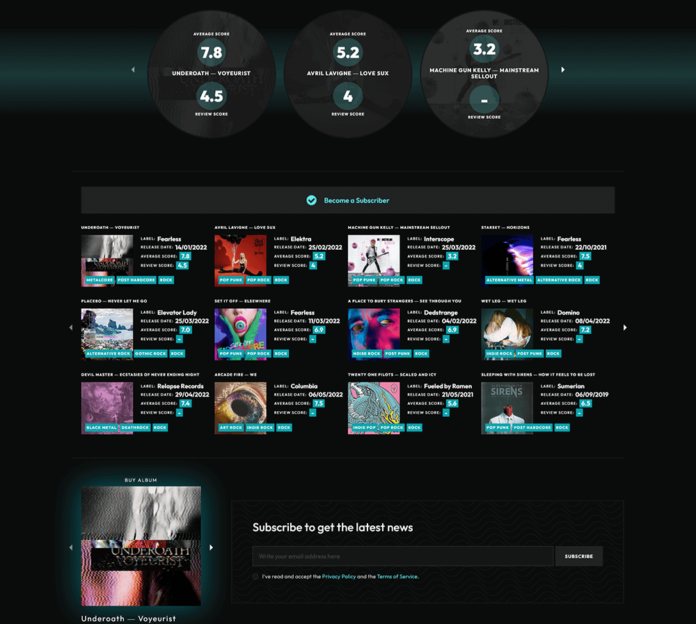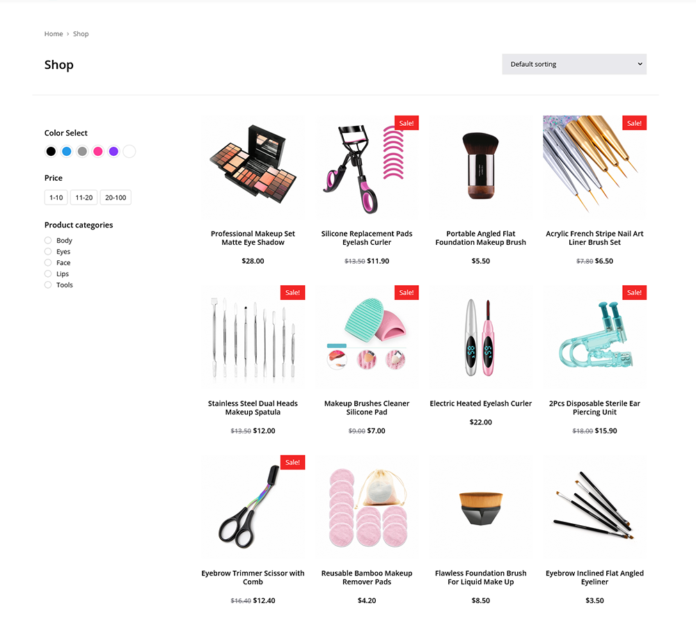In the ever-evolving landscape of digital marketing, Search Engine Optimization (SEO) remains a cornerstone for driving organic traffic and enhancing online visibility. However, the emergence of advanced artificial intelligence (AI) technologies is reshaping how SEO strategies are developed and executed. As of March 21, 2025, the fusion of SEO and AI is not just a trend—it’s a transformative force that businesses and marketers must harness to stay competitive. This article explores how new AI technologies are revolutionizing SEO and what it means for the future of online search.
Understanding SEO in the Modern Era
SEO is the practice of optimizing websites and content to rank higher on search engine results pages (SERPs). Traditionally, this involved keyword research, on-page optimization, link building, and technical enhancements. Search engines like Google have long relied on algorithms to evaluate relevance, authority, and user experience, but these algorithms have grown increasingly sophisticated. Today, they incorporate machine learning and natural language processing (NLP)—both subsets of AI—to better understand user intent and deliver more accurate results.
The introduction of AI into search engines has shifted the SEO game from a purely technical exercise to a more holistic, user-centric approach. This is where new AI technologies come into play, offering tools and insights that go beyond traditional methods.
How New AI Technology Enhances SEO
- Advanced Keyword Research and Intent Analysis
AI-powered tools can now analyze vast datasets to identify not just high-volume keywords, but also the intent behind search queries. Tools like those developed by companies such as xAI leverage NLP to discern whether a user is seeking information, navigation, or a transaction. For example, instead of targeting a broad term like “AI technology,” AI can suggest long-tail keywords like “how AI improves SEO rankings” that align with specific user needs. This precision boosts relevance and click-through rates. - Content Creation and Optimization
AI is transforming content marketing by enabling the creation of high-quality, SEO-friendly content at scale. Generative AI models can draft articles, suggest headlines, and optimize text for readability and keyword density—all while maintaining a natural tone. Moreover, AI can analyze top-ranking content on SERPs to identify patterns, such as ideal word count, tone, or structure, ensuring new content meets search engine standards and user expectations. - Personalized User Experiences
Search engines increasingly prioritize user experience (UX) signals, such as page load speed, mobile responsiveness, and engagement metrics. AI technologies can predict user behavior, tailoring website experiences in real time. For instance, AI-driven chatbots enhance on-site engagement, while predictive analytics adjust content recommendations to keep visitors longer—both factors that improve SEO rankings. - Voice Search and Conversational SEO
With the rise of voice-activated devices like smart speakers, optimizing for voice search has become critical. AI excels at understanding conversational queries, which tend to be longer and more natural than typed searches (e.g., “What’s the best AI tool for SEO?” vs. “best AI SEO tool”). New AI technologies help marketers adapt by identifying these conversational phrases and integrating them into content strategies. - Competitor Analysis and Predictive Insights
AI tools can scrape and analyze competitor websites, social media, and SERP data to uncover their SEO strategies. Beyond reverse-engineering tactics, AI can predict future trends by examining search patterns and emerging topics. This allows businesses to stay ahead of the curve, targeting keywords and niches before they become saturated. - Technical SEO Automation
Crawling websites for technical issues—like broken links, slow pages, or duplicate content—used to be a manual, time-consuming process. AI-driven platforms now automate these audits, providing actionable recommendations instantly. Additionally, AI can optimize site architecture and internal linking structures to enhance crawlability and indexation by search engines.
The Role of AI-Powered Search Engines
Google’s AI advancements, such as BERT and MUM, have redefined how search engines interpret queries and rank content. BERT (Bidirectional Encoder Representations from Transformers) understands context by analyzing words before and after a keyword, while MUM (Multitask Unified Model) goes further by processing multimedia and cross-lingual information. These developments mean SEO professionals must prioritize semantic relevance and multimedia content—areas where AI tools excel.
Beyond Google, AI-driven search platforms are emerging as competitors. Tools powered by companies like xAI could potentially disrupt the market by offering alternative ways to index and retrieve information, challenging traditional SEO paradigms.
Challenges and Ethical Considerations
While AI enhances SEO, it also presents challenges. Over-reliance on automation could lead to generic content that lacks originality, potentially triggering search engine penalties. Additionally, ethical concerns arise with AI scraping data or generating content that blurs the line between human and machine authorship. Marketers must balance AI’s efficiency with creativity and transparency to maintain trust and compliance.
The Future of SEO with AI
As AI technology continues to evolve, its integration with SEO will deepen. We can expect:
- Hyper-Personalization: AI will enable websites to dynamically adjust content based on individual user profiles.
- Zero-Click Search Optimization: With AI-powered SERP features (e.g., featured snippets), SEO will focus more on capturing visibility without clicks.
- AI-Driven Analytics: Real-time performance tracking and predictive modeling will refine strategies on the fly.
Conclusion
The marriage of SEO and new AI technology is unlocking unprecedented opportunities for digital success. By leveraging AI’s capabilities—from intent-driven keyword strategies to automated technical fixes—businesses can achieve higher rankings, better engagement, and a stronger online presence. However, success requires adaptability and a willingness to embrace these tools while preserving the human touch that resonates with audiences. As we move further into 2025, one thing is clear: AI isn’t just enhancing SEO—it’s redefining it. Those who master this synergy will lead the charge in the next era of search.









